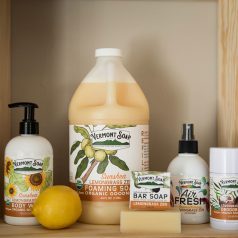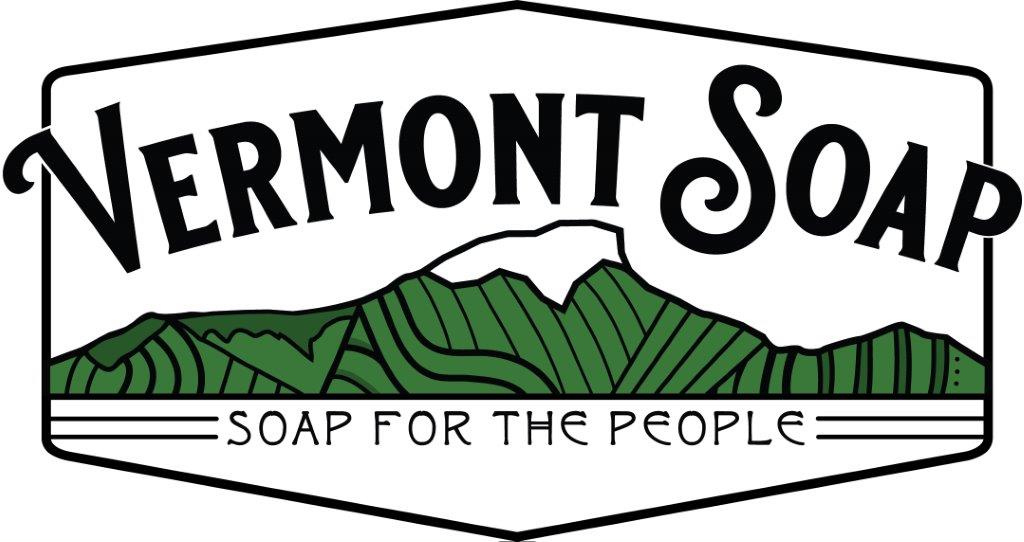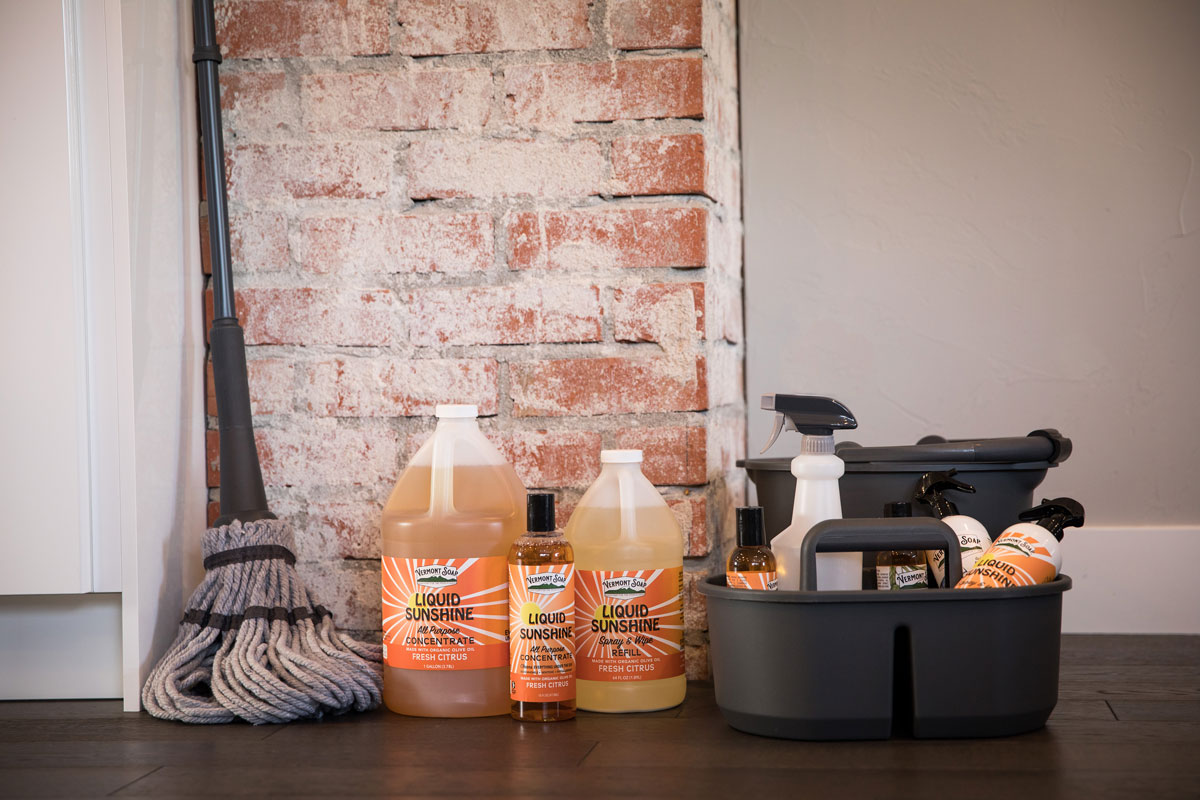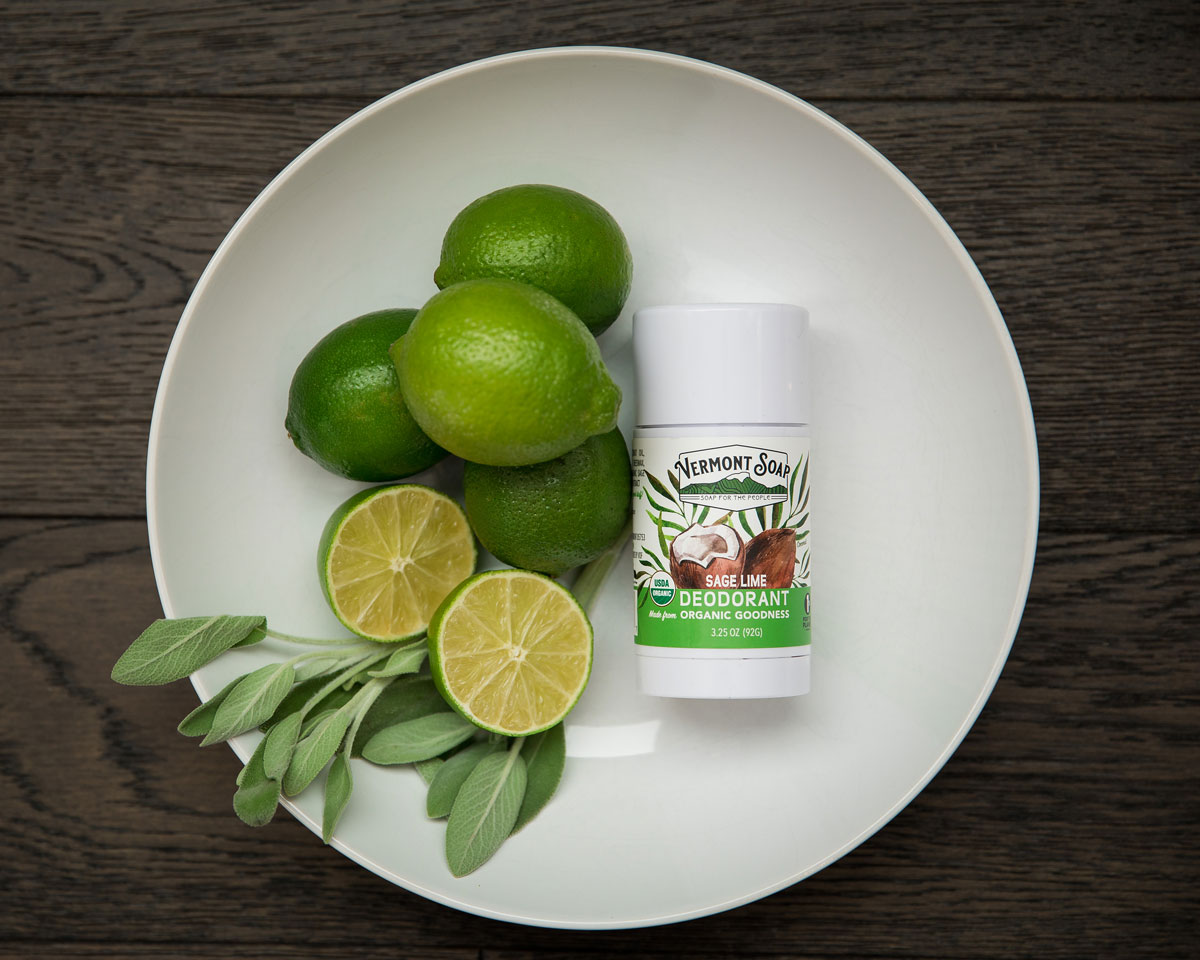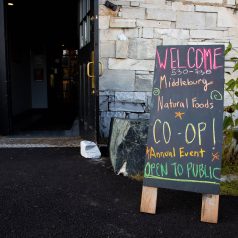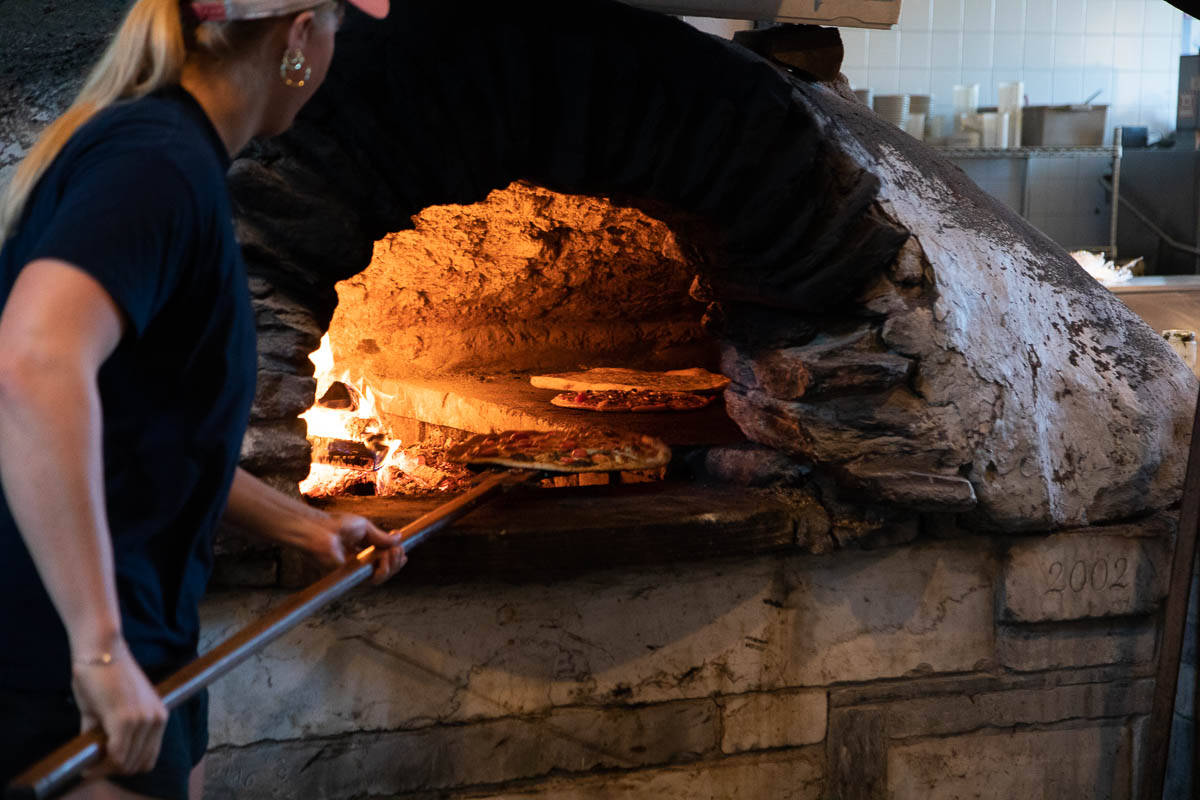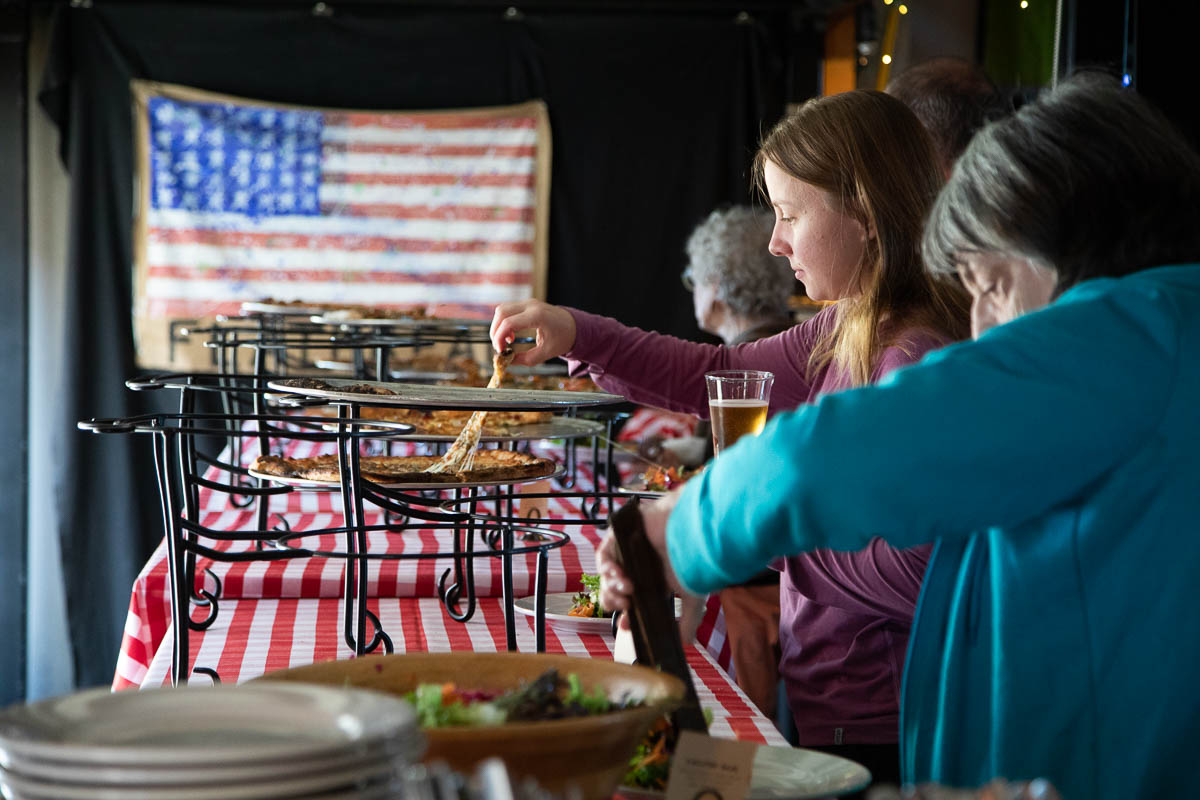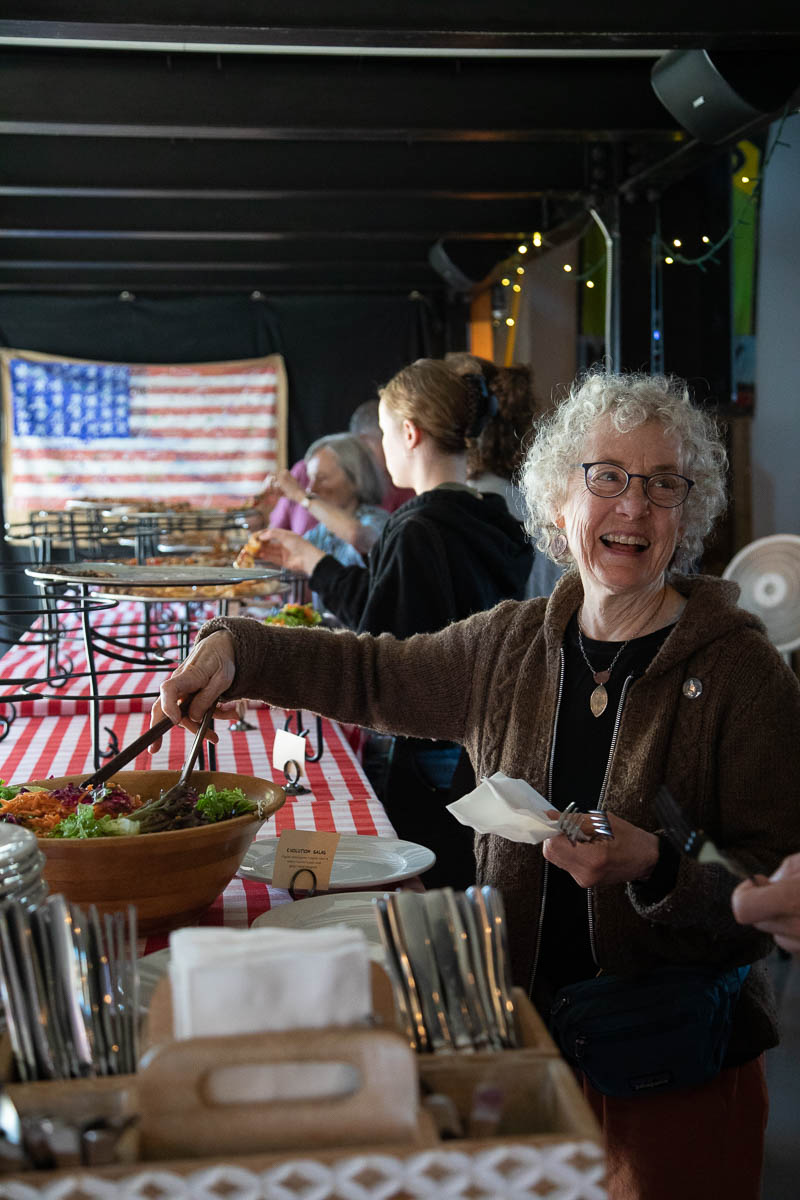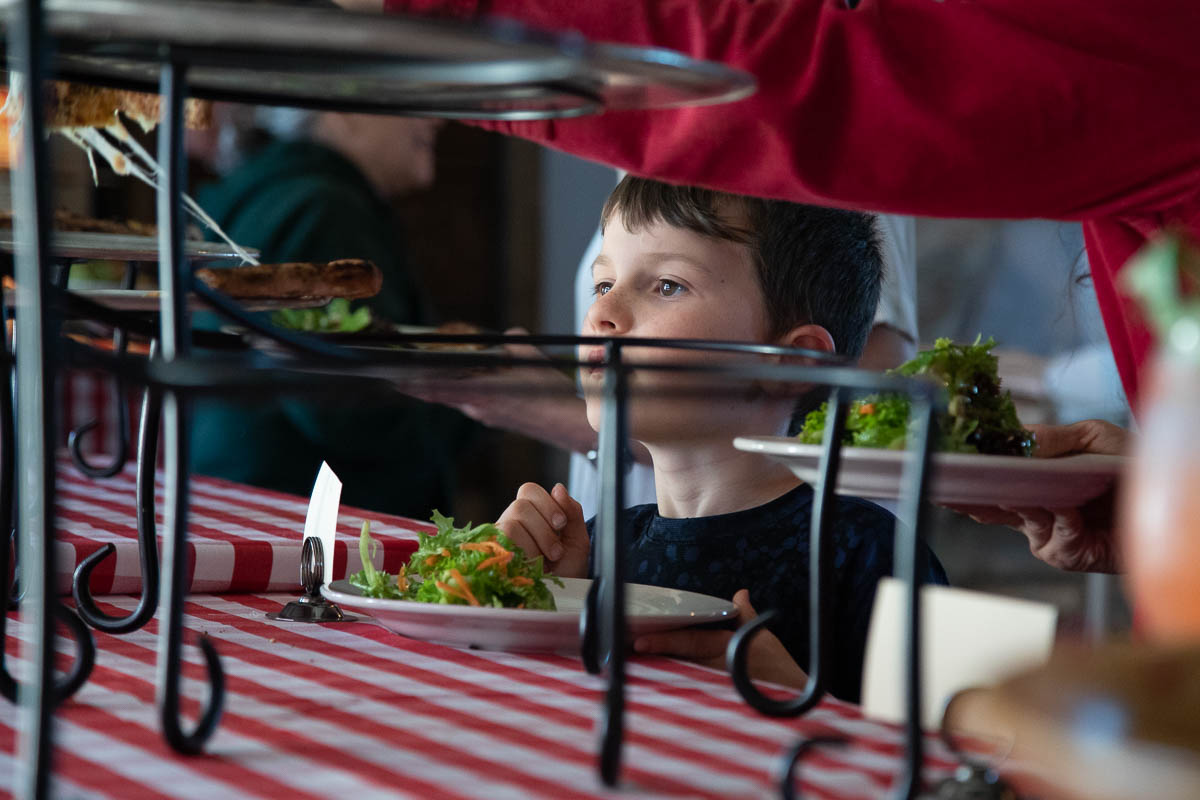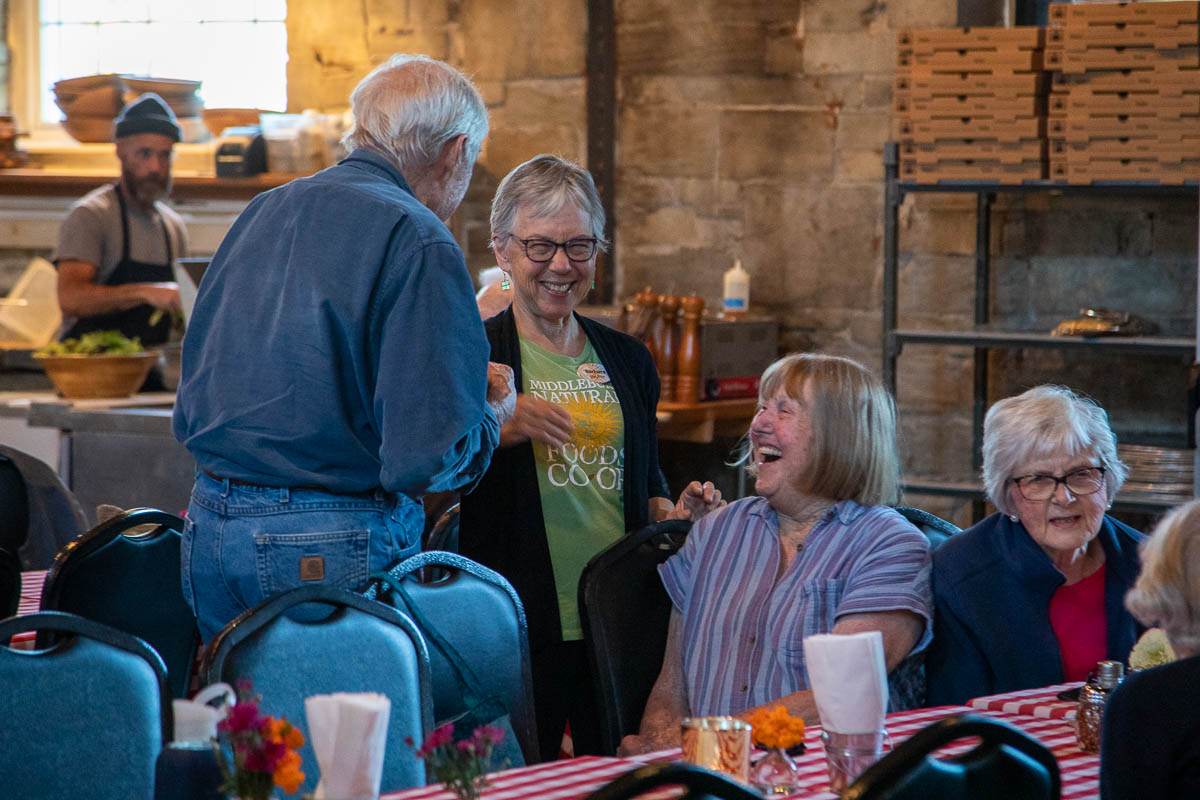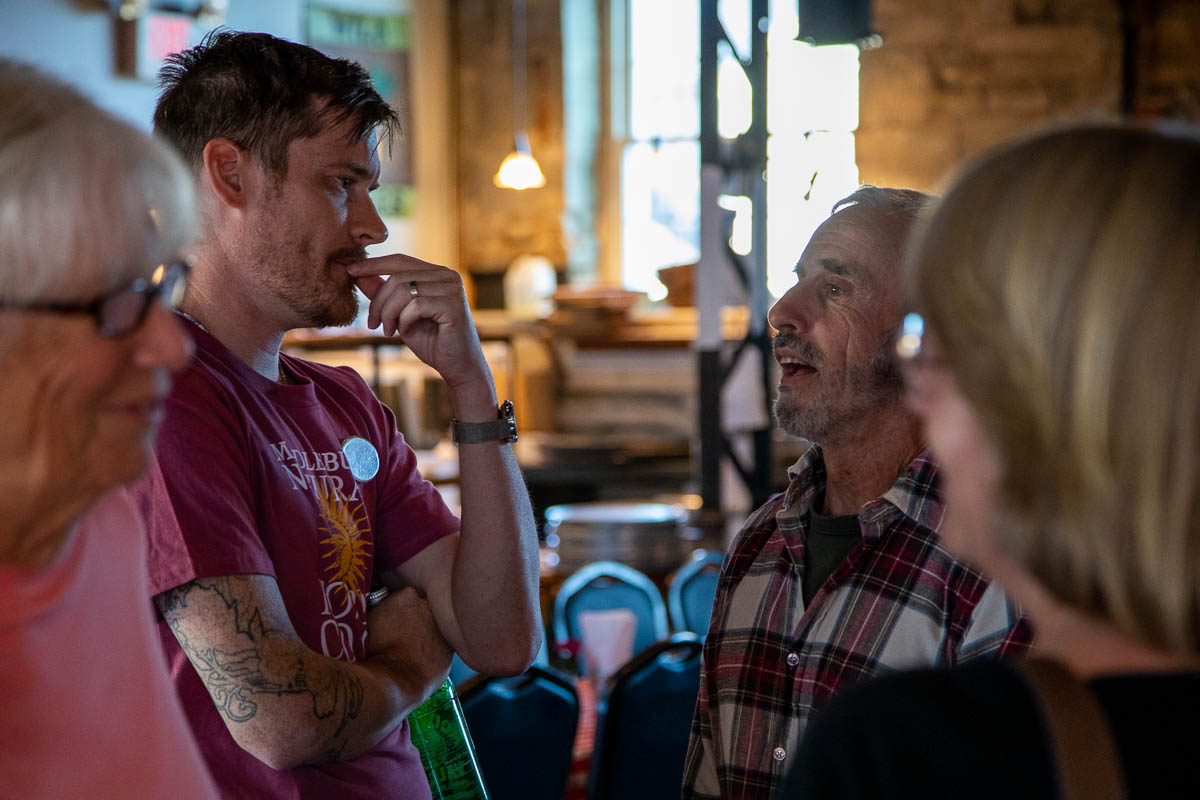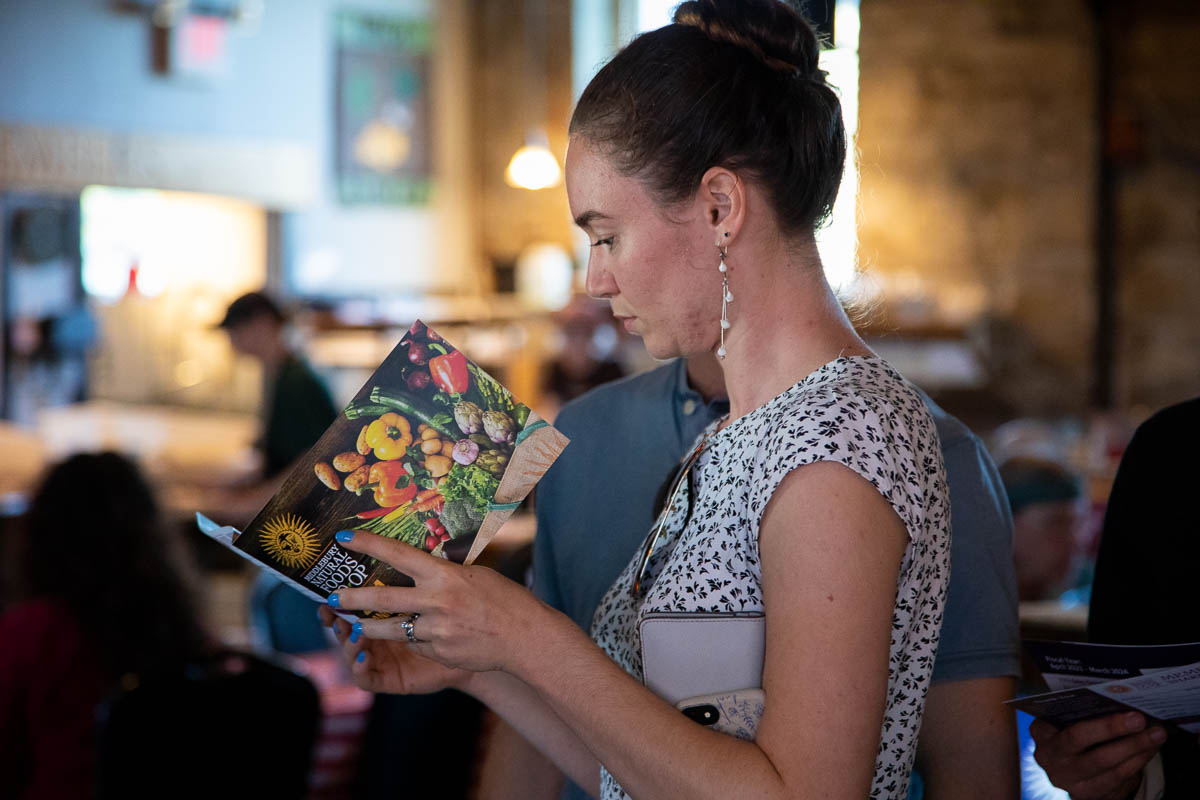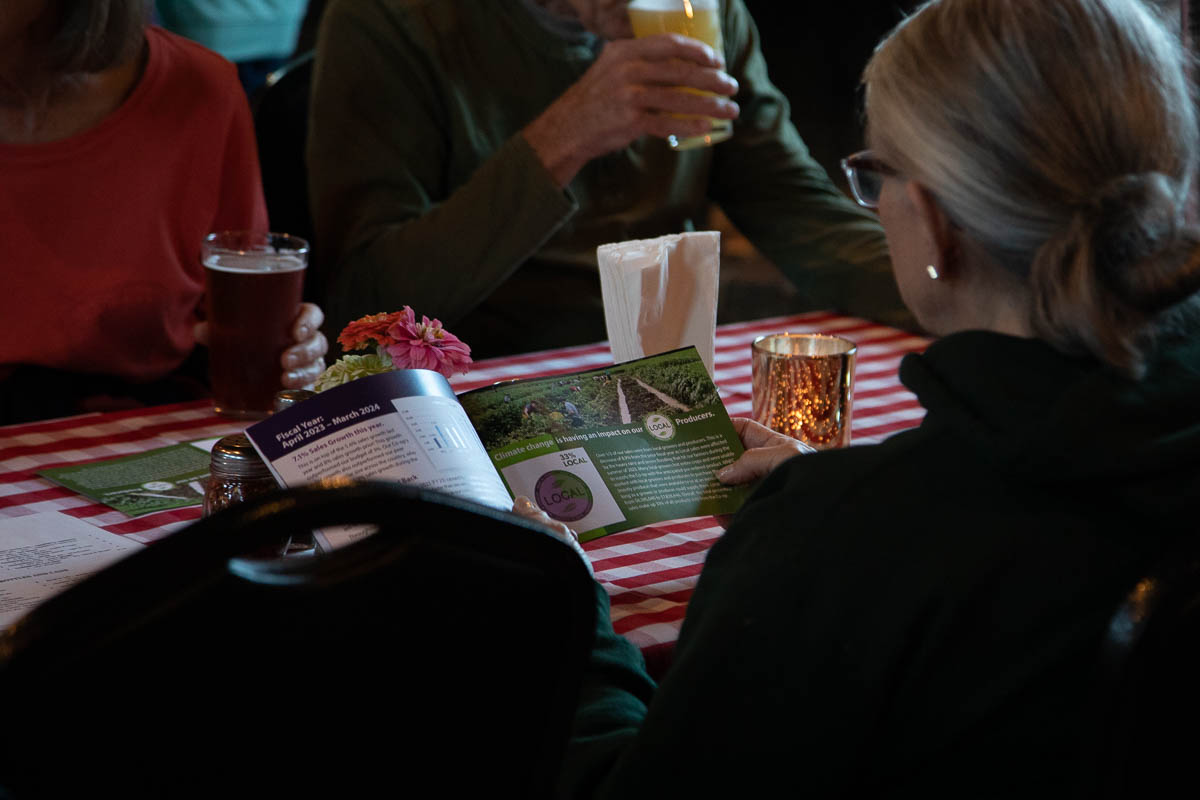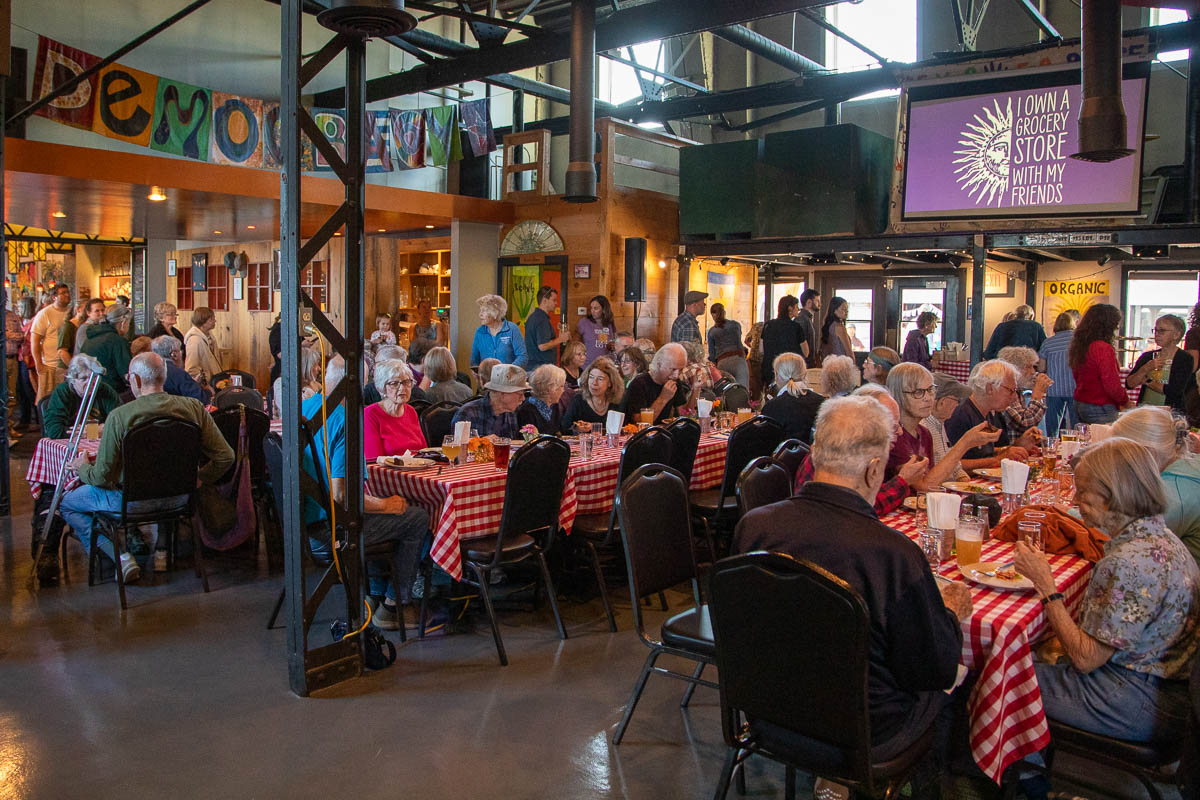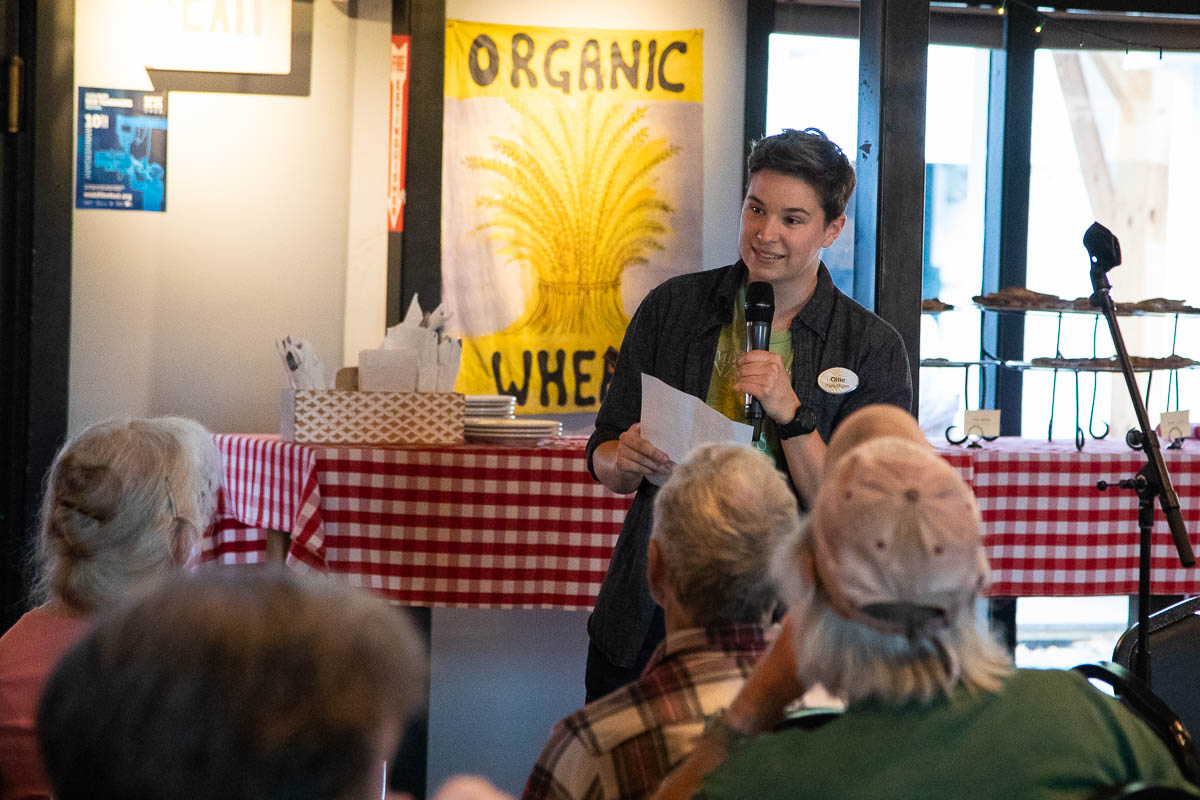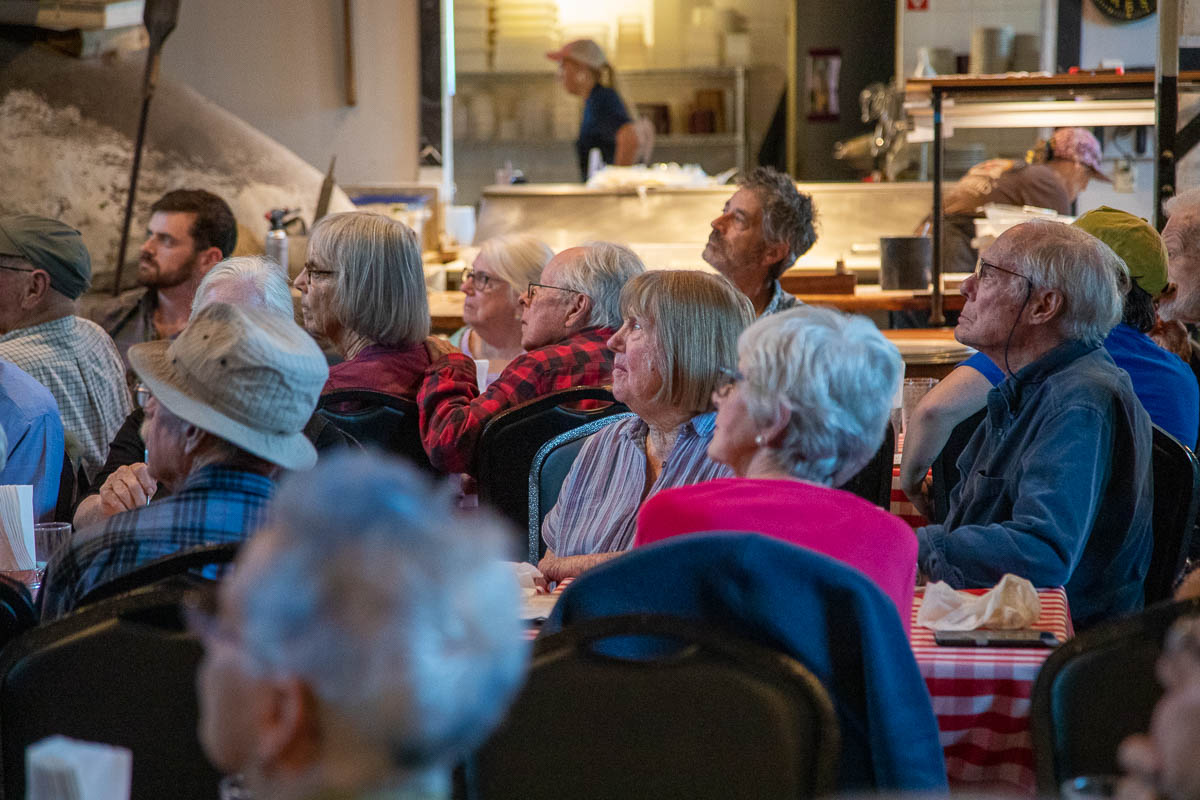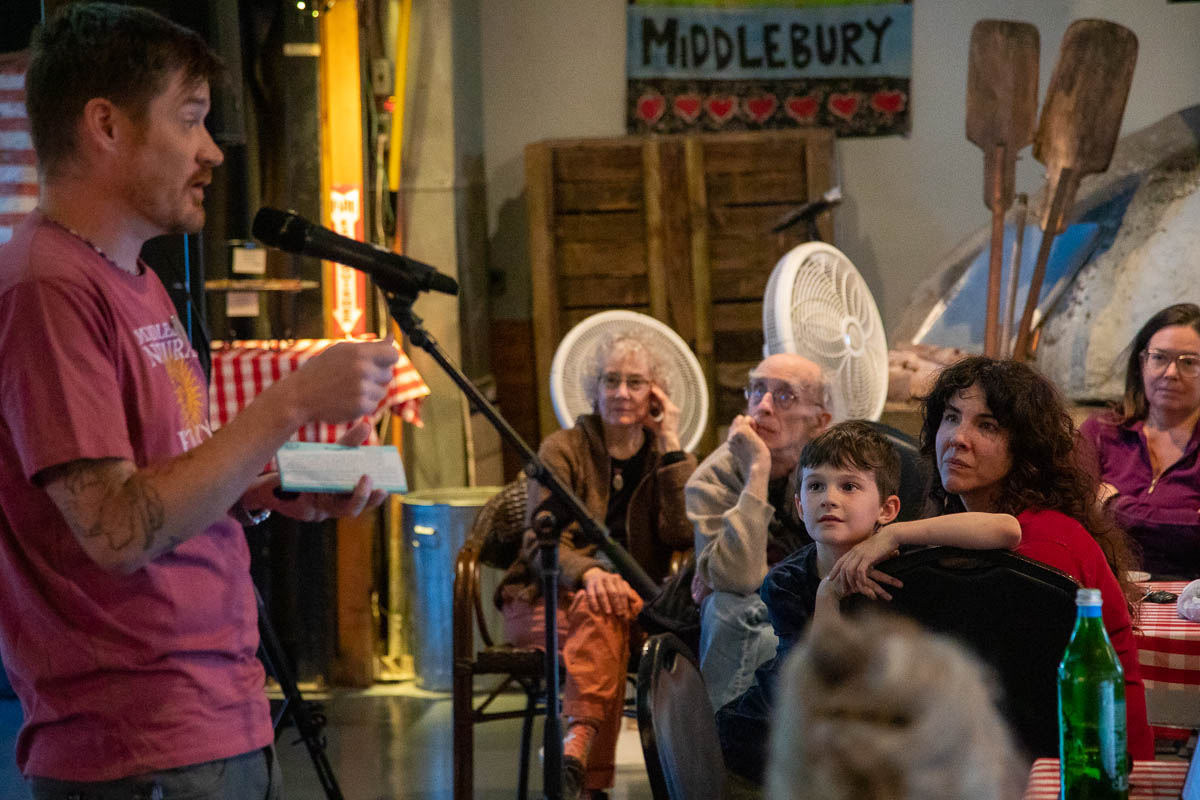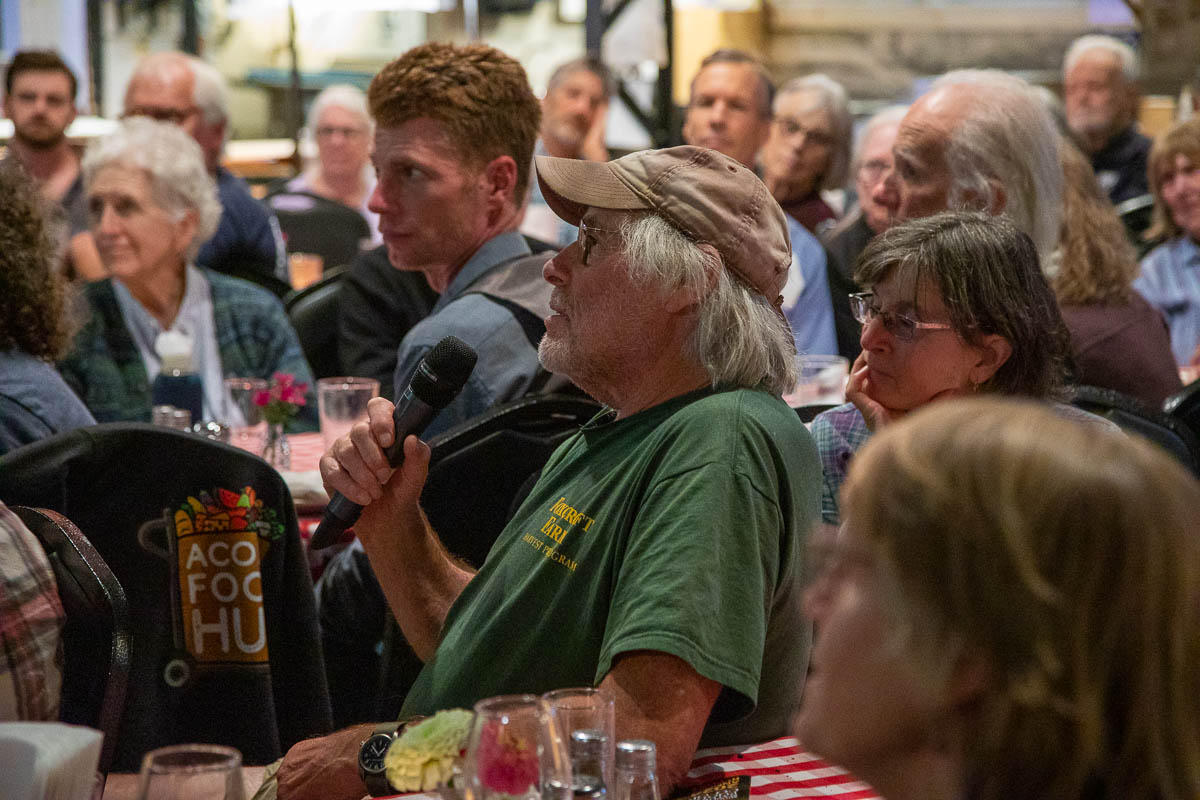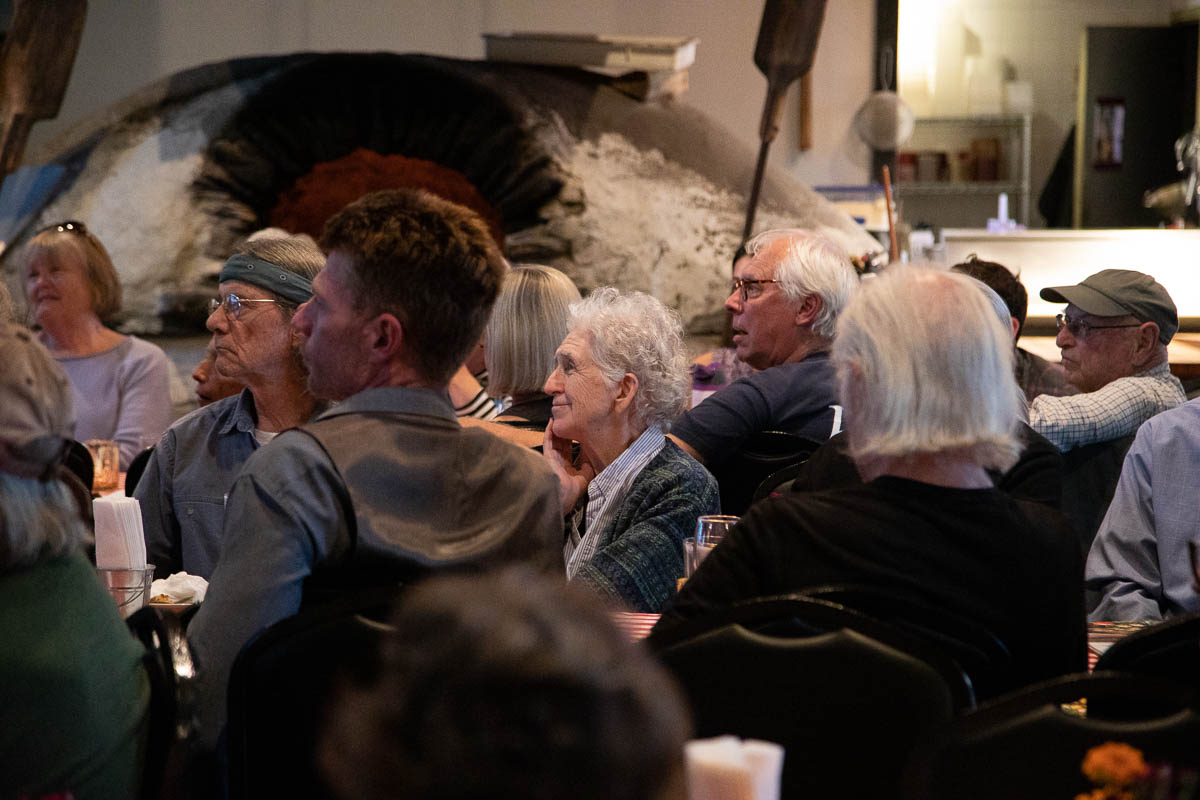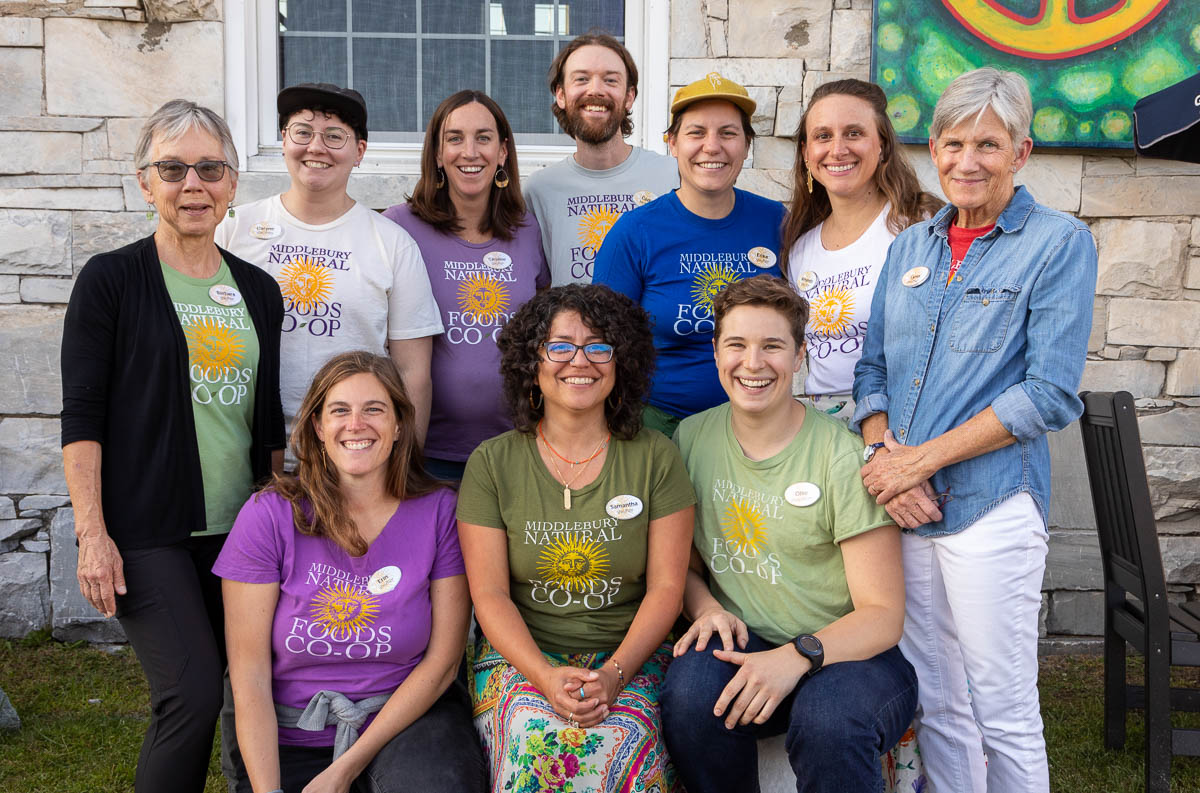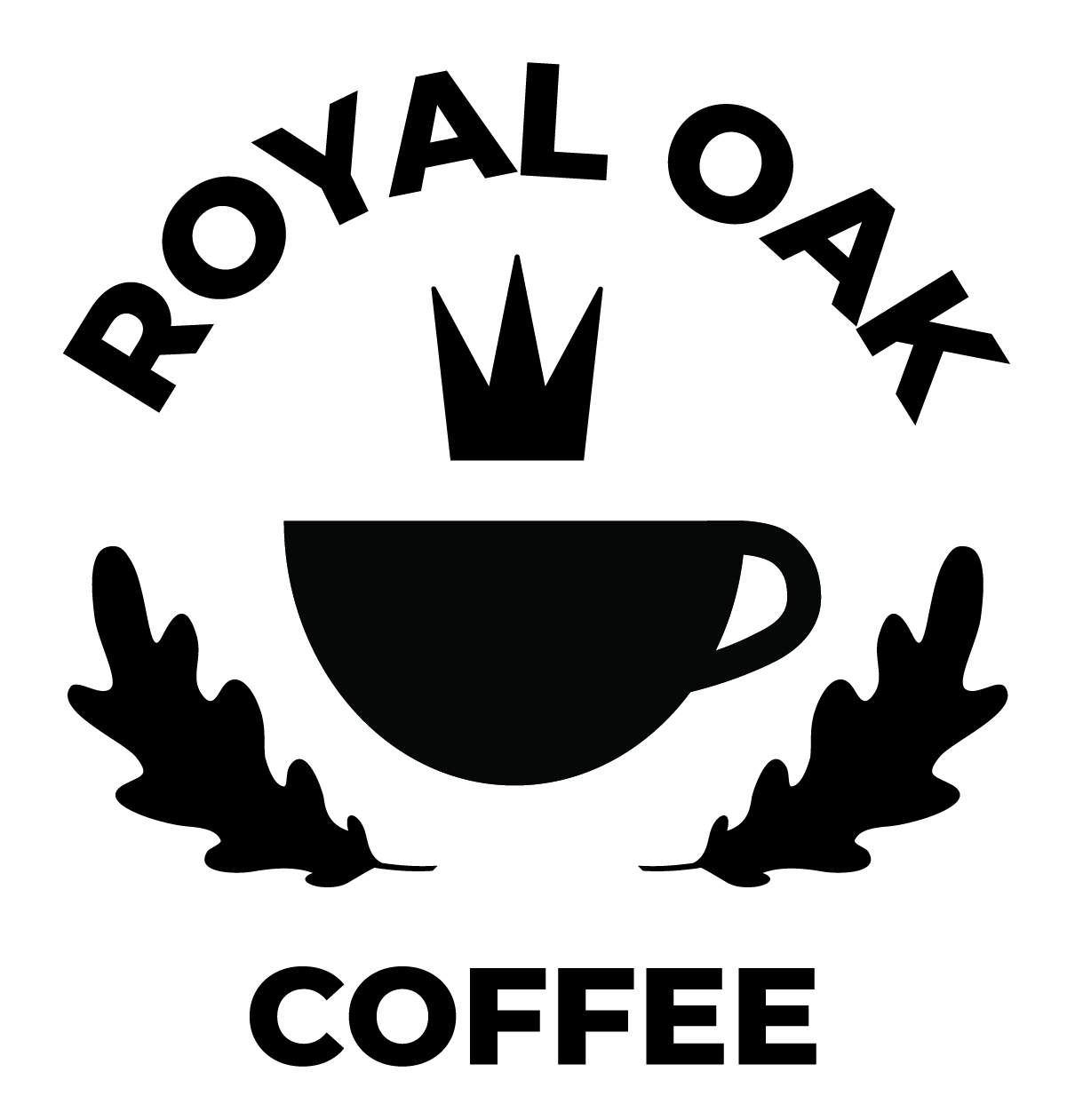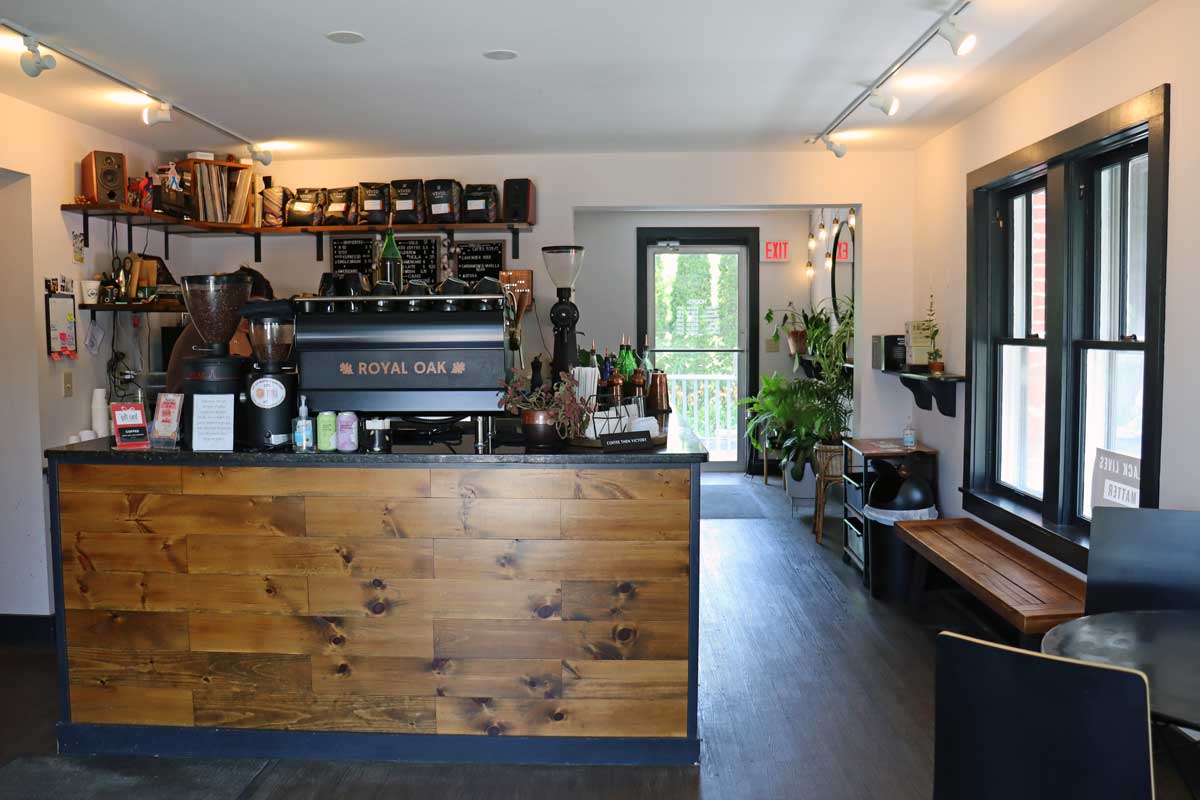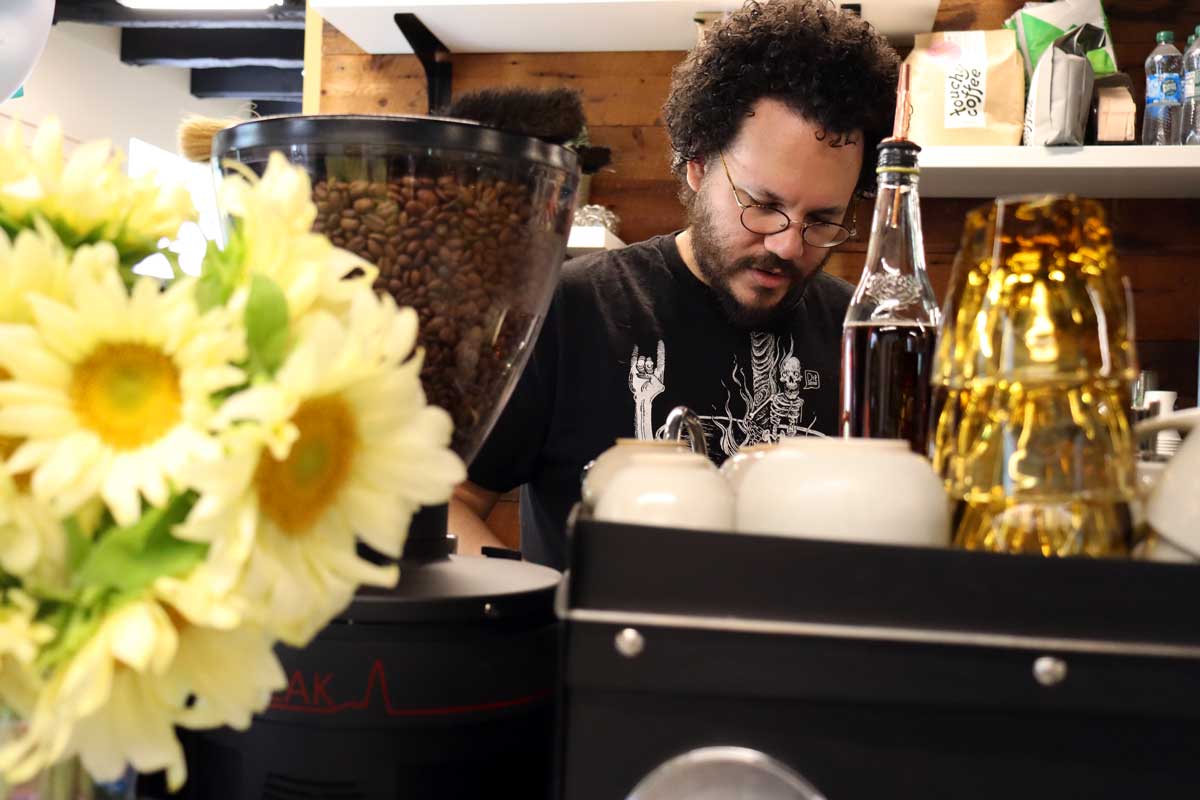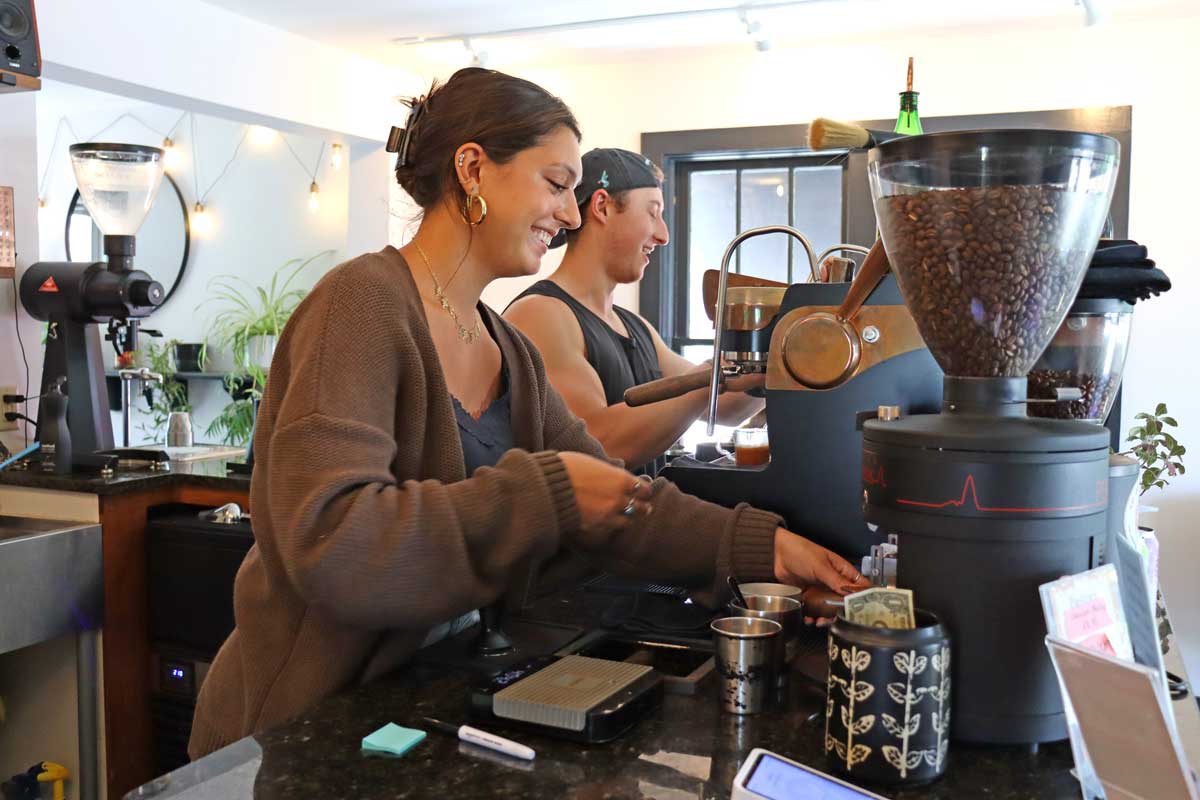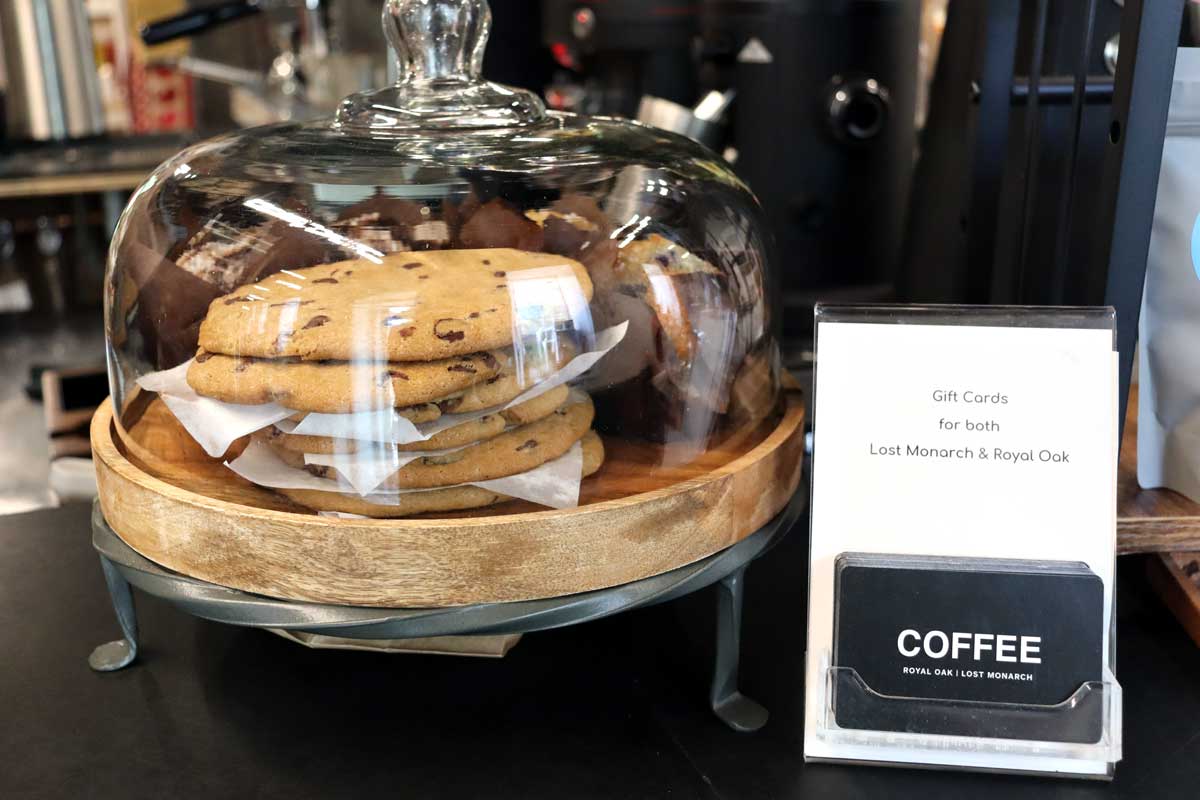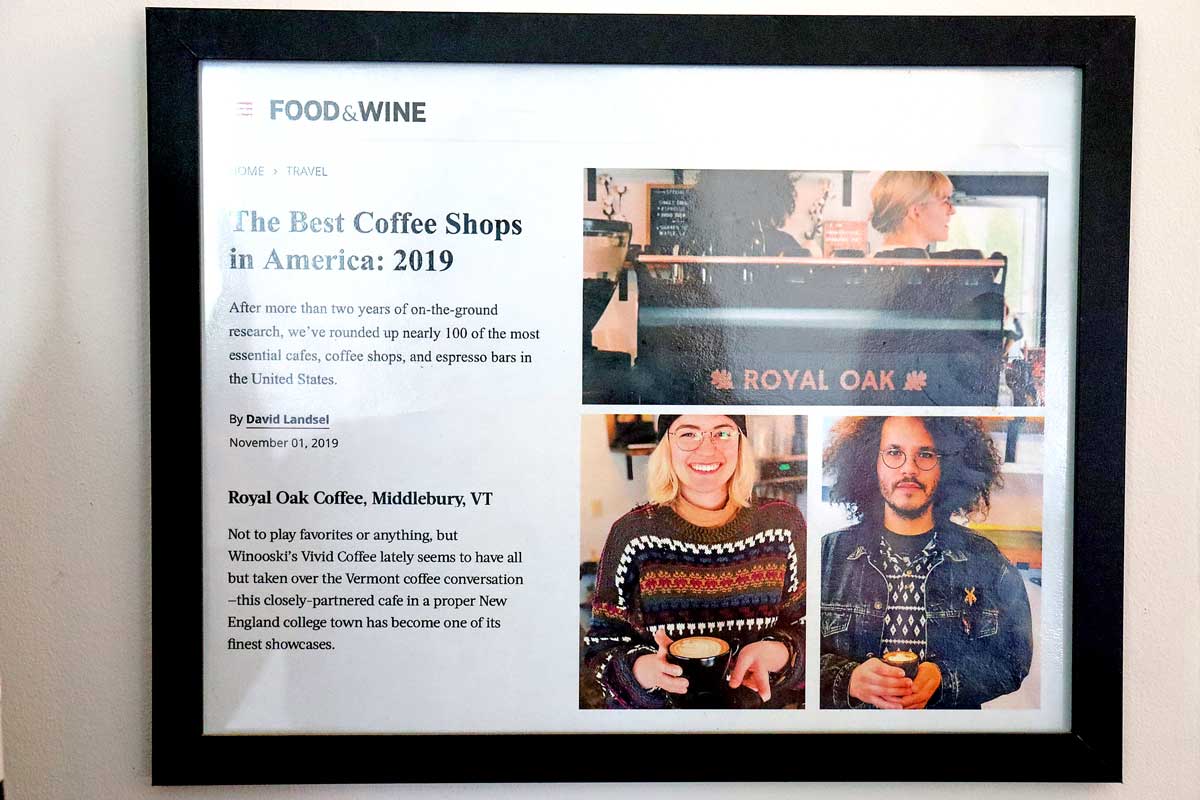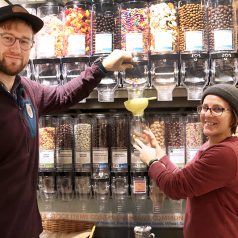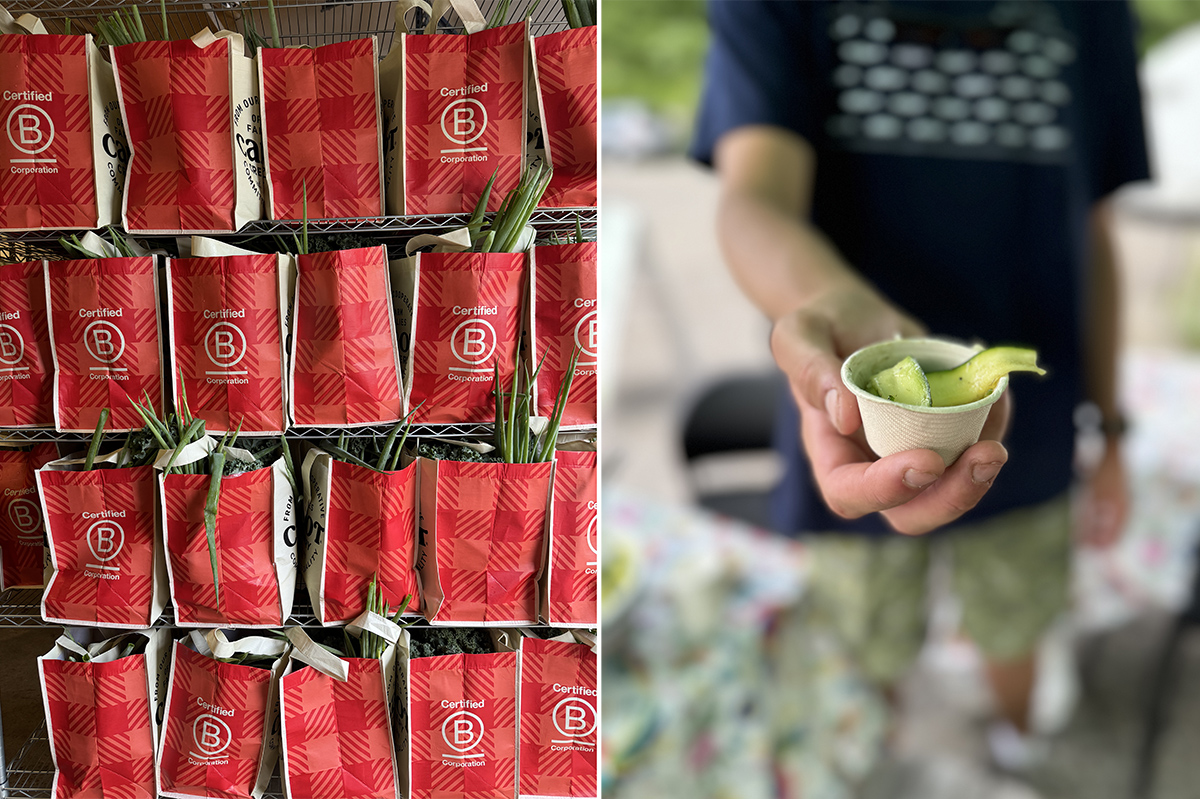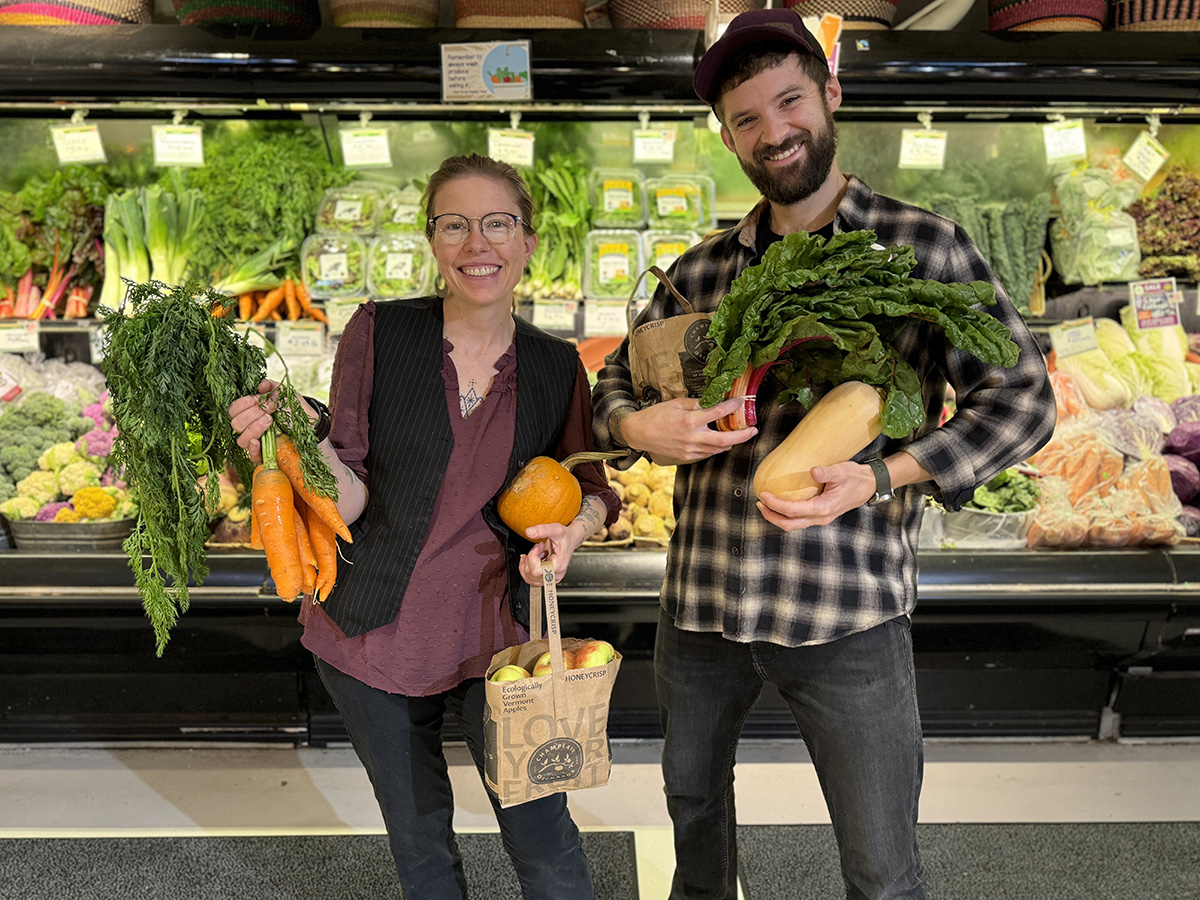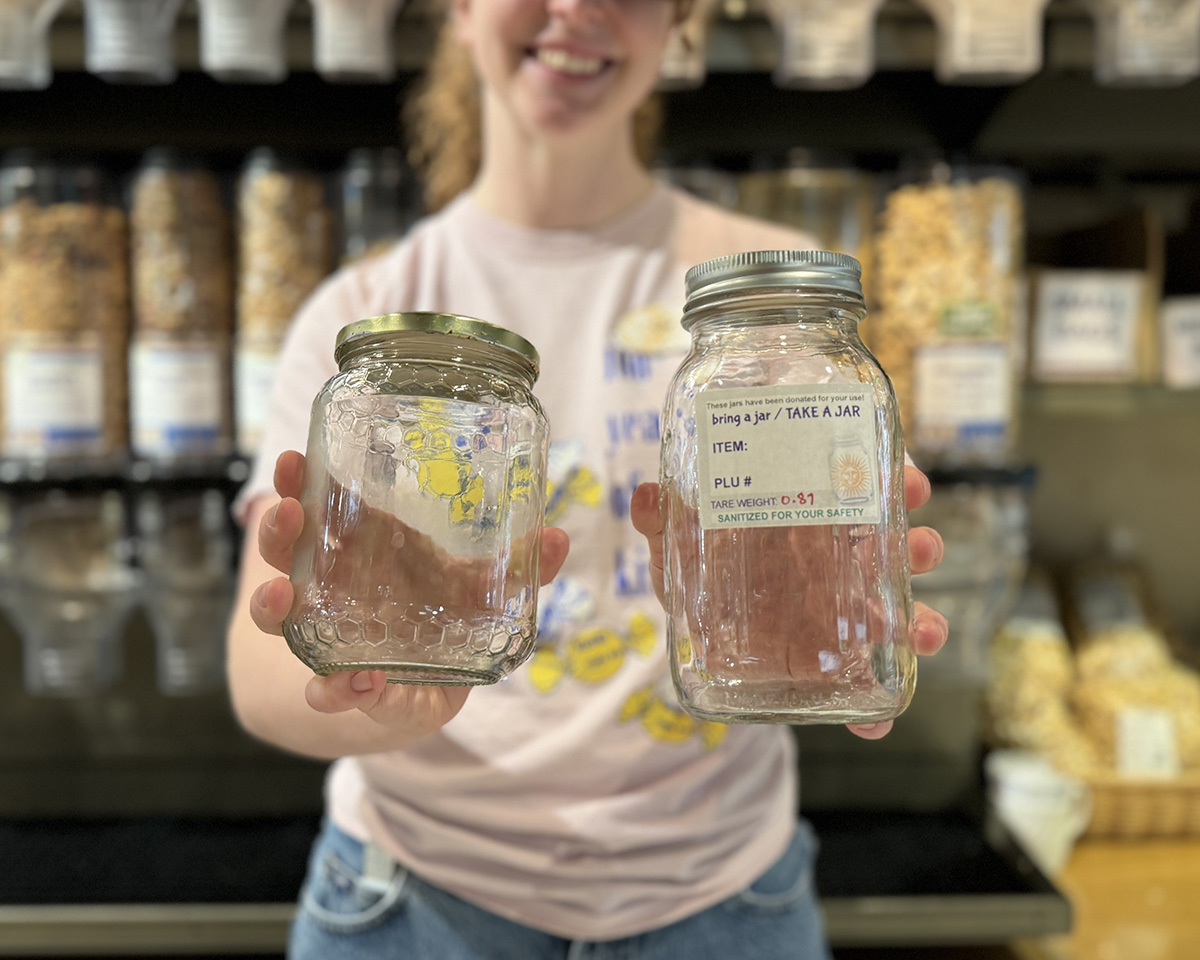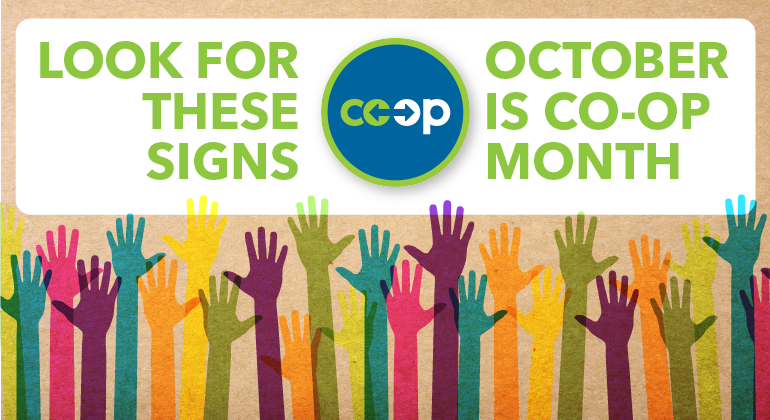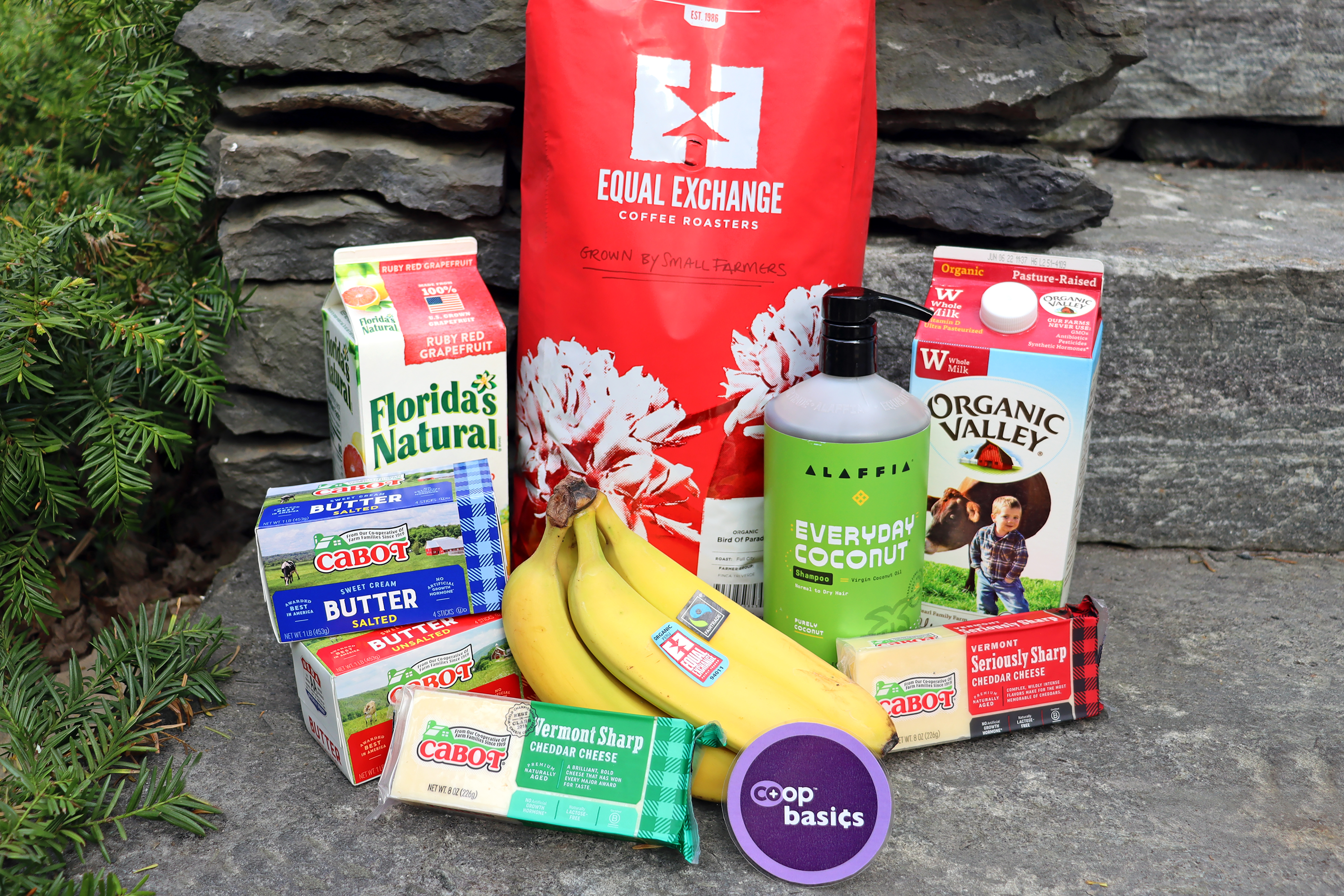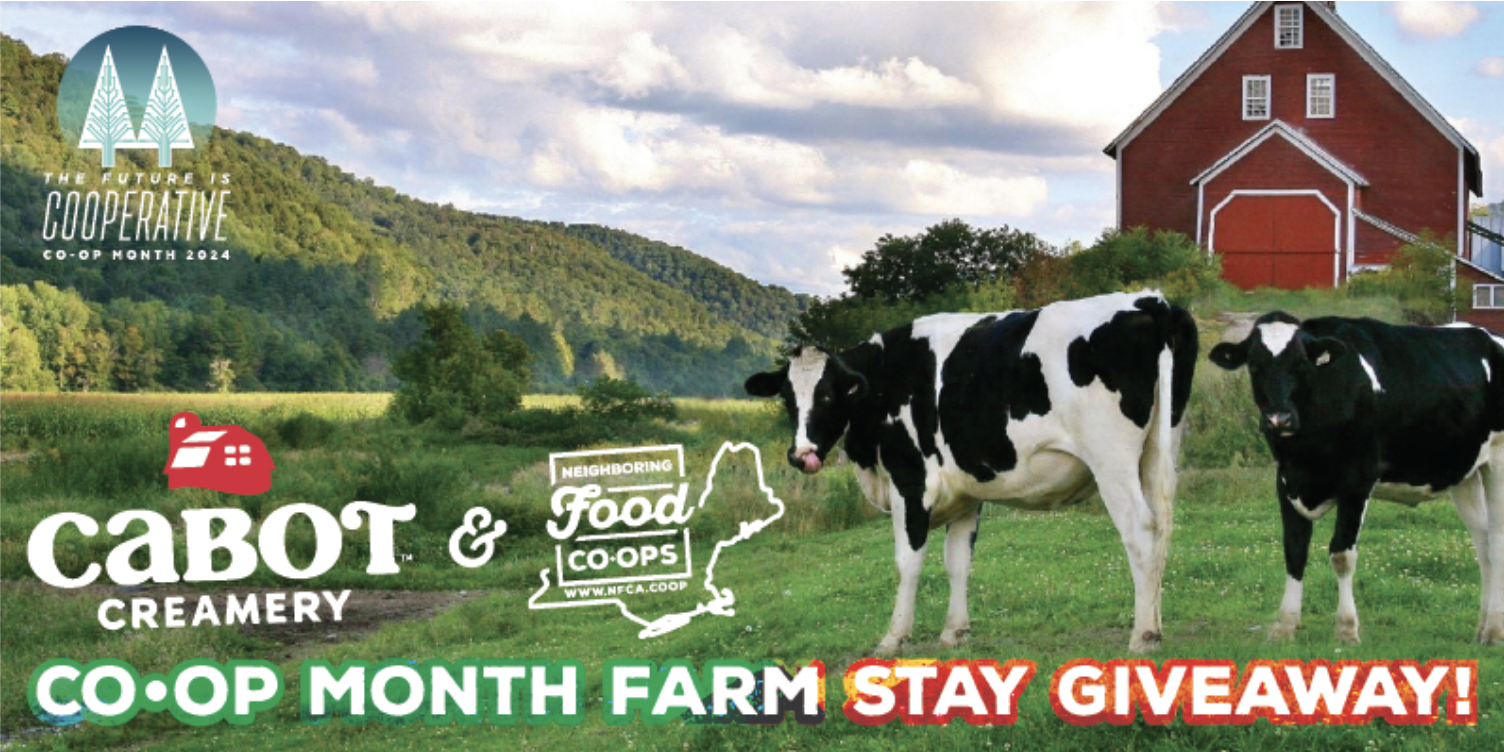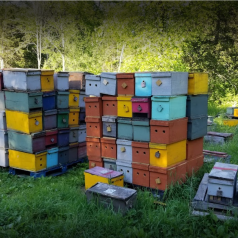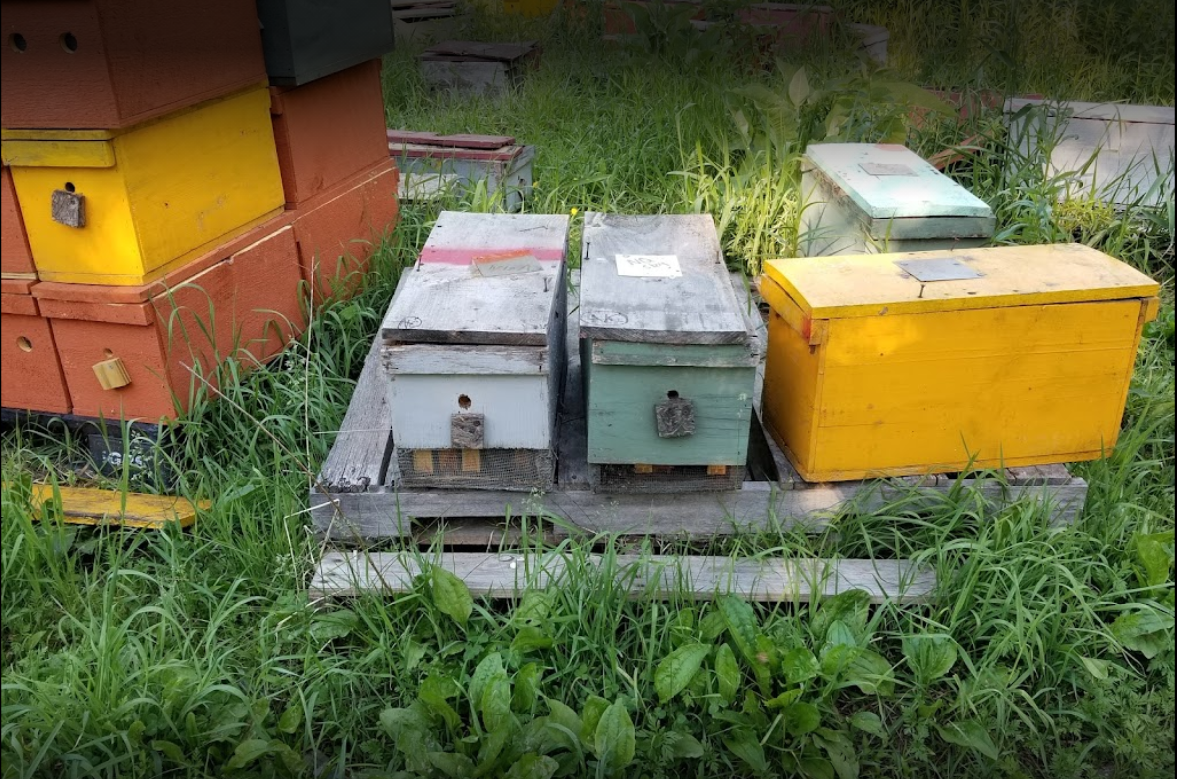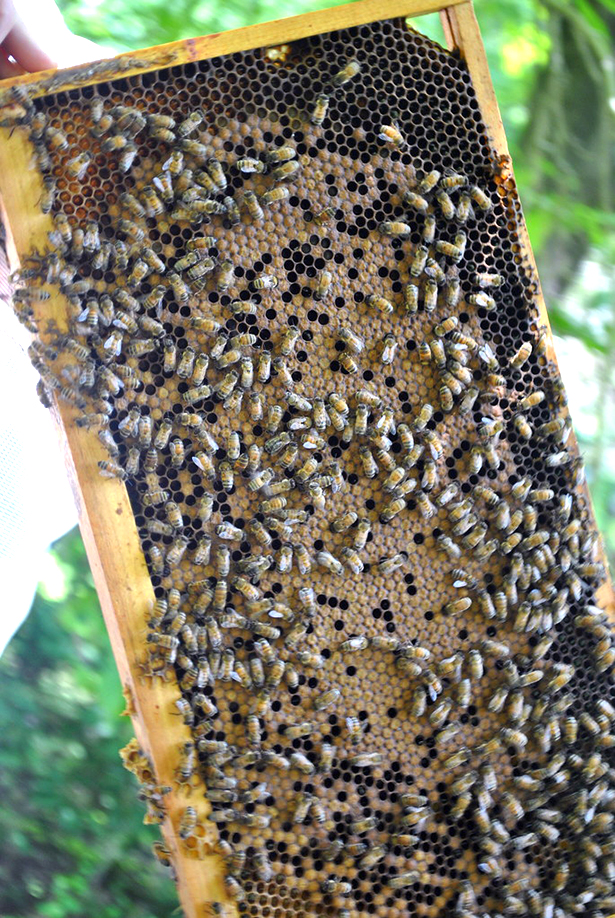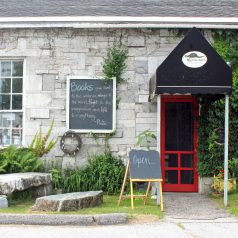
Featured Co-op Connection Business – Otter Creek Used Books
Barbara Harding never imagined herself owning a used bookstore, despite a lifelong passion for the written word. But that all changed in 2006, when she noticed a “for sale” sign in the window of Middlebury’s longtime used book store and decided to step in and inquire. By the end of the day, she had made the decision to become its new owner.

Harding’s love for books began in childhood, when she would often walk home with her arms full of treasures from the library or the used bookstore in town. After witnessing the decline of this particular shop over the years, she was passionate about revitalizing it and allowing it to reach its full potential.
“Purchasing this store I wanted to create a space that I would want to shop in,” says Harding. “So this store is really a reflection of me. I know some stores sell merchandise that they know would sell but not so much represented who they were as a person. I don’t think I would enjoy that. Probably make money but not happy money.”
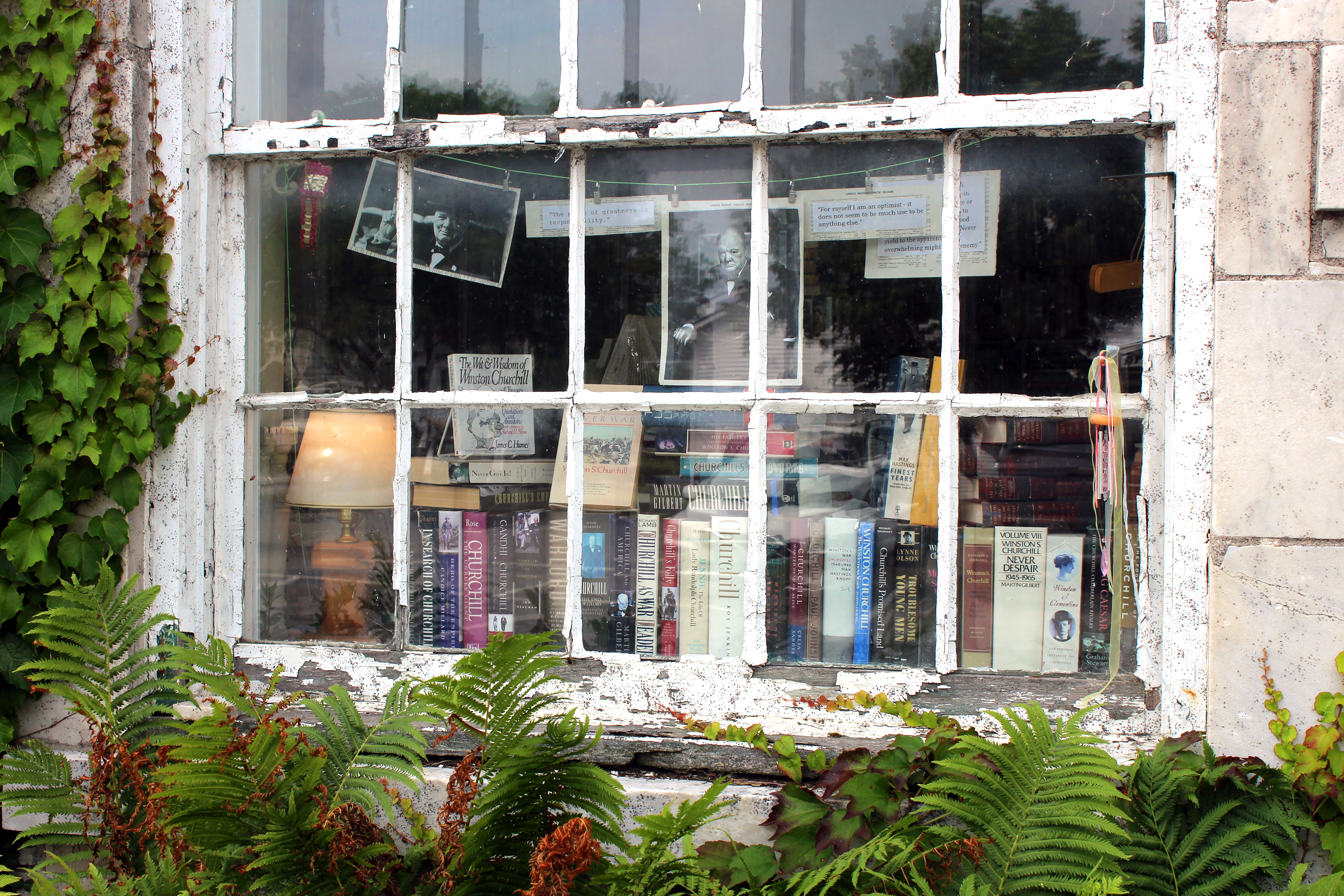
In the 18 years since Harding took ownership of Otter Creek Used Books, she has breathed new life into the business more than once. The store has relocated, and it survived the challenges of a global pandemic that forced an extended unplanned closure, putting its future in jeopardy.
“I am a brick-and-mortar shop,” wrote Harding in a 2011 blog post. “My inventory can be seen inside my door. You have to come in to see what my shelves hold. I liken it to what used bookstores used to be. You know. Before the internet…Would OCUB be more financially secure if I sold online? Sure. Not doing so is my niche. Come inside. See what there is.”
While her model may have created grave uncertainty in the months (and years) after the closures of the pandemic, it’s a niche that has served her well in the long term.

When asked if she has a favorite book in the store, Harding insists that she couldn’t possibly choose just one. She confesses that when certain coveted titles arrive, she tends to keep them in a small stack near her desk so she can enjoy their presence before finally deciding to part with them. Long-time customers often ask to see what’s in her pile, but she jokes that she’s reluctant to share until she’s truly ready for the books to find a new home.
“Owning a used bookstore is everything you think it would be. Should be. But it’s so much more.” She says.
“There is the realization that all the books actually belong to you. To you! You can claim each and every book if you want. But, of course, you don’t because how are you going to keep the store going? So, you have to be able to let go. And know that a sold book is going to a good home. To be reread. Or even sit prettily on a bookshelf.”
Harding’s love for nonfiction led her to add a dedicated Vermont section to the store. Visitors will now find a robust selection of Vermont titles, from Frost to McKibben and everything in between.

Harding regularly posts to the blog on the Otter Creek Used Books website and shares news about pop-up sales on Instagram. Her insights into the treasures housed within the store are often shared on both platforms. If you’ve never visited, now is a great time to stop in for early holiday shopping. There’s something for everyone, and if you’re unsure what to pick, you can always ask the owner herself. Otter Creek Used Books is open Tuesday through Saturday from 10 a.m. to 5 p.m., and Monday and Sunday “by chance.”

Barbara Harding, owner of Otter Creek Used Books

